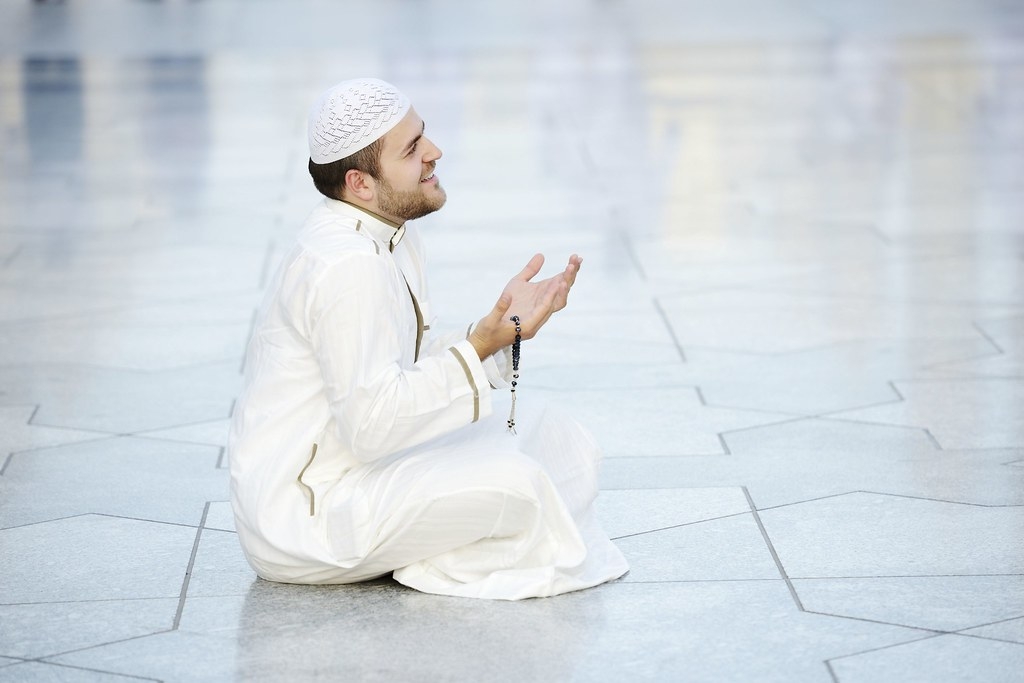Ramadan is the month when Muslims must fast for 30 days to understand the suffering of poor individuals. Through fasting, individuals learn to control their desires and their hunger from dawn to dusk Moreover, this month is filled with rewards and blessings from God Almighty.

People from around the world dream of travelling to Mecca and Madina to spend their Ramadan in a full spiritual atmosphere. Pilgrims either opt for solo Umrah packages or Group Umrah packages to make the most out of their trip. However, even the best Muslims often make errors during this holy month. This blog will shed light on the common myths during Ramadan.
Common Routine Myths in Ramadan
Making mistakes is simply human nature. However, it is best to amend them in time and seek forgiveness from Allah Almighty for not repeating them. In Ramadan, the daily routine of every Muslim changes from their regular one.
This makes them often commit to smaller mistakes or even larger ones as they are still getting the hang of the month and making themselves adapt to the shifting nightly routines. This section will share some typical myths that people have during Ramadan and how you can prevent them from following.
1. Food Tasting Breaks Fast
One of the common mistakes is that people think their fast will break if they taste the food. This is quite a typical myth that women can taste food only if their husbands are cruel. However, this statement is purely fabricated by so-called scholars and has no reference in the Quran or the Hadith.
So, tasting food does not break the fast and people having this opinion needs to correct themselves. Remember, Islam is one of the easiest religions given to Muslims and must not be made complex just because of cultural restrictions. However, the break will remain valid as long as the food will not be swallowed. You can taste the spice level by placing it on the tip of your tongue. It is vital to be careful about not letting the food slip down the throat. Doing so otherwise will result in fasting becoming invalid.
2. Eating Suhoor Before Fajr
Another myth that Muslims believe in is to Eat Suhoor meals before Fajr. Many Muslims consume their food 1-2 hours before the Fajr time to avoid staying up till that time. However, this myth is not correct and must not be followed.
The believers need to keep and break the fast at the defined times and not before or after that. Likewise, many individuals have this opinion that they should break the fast after Muazzin has finished the call to Maghrib prayer. This is also false information. The person should break their fast immediately as the call to prayer has started and must not delay it any longer.
3. Niyat for Ramadan
Intention (niyat) is a crucial aspect to be made especially for matters of religion. Whether it is to begin your regular prayer or starting your Umrah, making the intention to do so, is quite important for every worshipper.
In the blessed month of Ramadan, making an intention to keep the fast for the day is necessary to fulfil the ritual of the Pillar of Islam. However, it is something which must be done with heart and with purity. Muslims don’t need to verbally speak their intention to make it.
4. Not Praying Taraweeh
Taraweeh is a Sunnah prayer which means Muslims can perform it for more blessings but there is no sin if someone does not. However, it is best if any worshipper indulges in this act. There will be rewards bestowed upon such a person by the God Almighty as He is the Most Merciful One.
Many Muslims don’t pray the Taraweeh prayer on the first Ramadan night. They think that they should pray it when the first day has gone by. This is purely false and must be avoided. Muslims often forget the Islamic calendar runs on the moon and Maghrib is the start of the new day.
Moreover, there is often a difference among scholars, especially in South Asian countries that Taraweeh should be prayed in a specific number mostly in even form. For example, you can pray 4 times or 8 times and cannot just pray 3 tarwaeeh prayers or 5. It is to be noted that
Tarweeh can be prayed as much as you like and you don’t need to keep a count of how many nafils have been prayed. It is totally upon the worshipper’s energy level as some pray 3-4 while others can pray up to even 20 nafils every night.
Also, people think that they should pray for the same number of nafils the next night as in the previous. This is wrong too and you can pray as many as you want.
5. Using Toothbrush Invalidates Fast
One more common myth that surrounds Ramadan is that you cannot brush your teeth while fasting. Many Muslims skip this routine task out of fear of breaking the fast. They keep on going about their day with bad breath, making everyone around uncomfortable.
Islam is a religion to provides ease and comfort. It has given relaxation to the devotees eleven while fasting to take care of their personal hygiene. You can brush your teeth in the morning and even use miswak to clean them. However, the condition of using toothpaste is that it should not be ingested. In case, you have swallowed it by mistake, then the fasting will remain valid. And it is Allah Almighty who forgives unintentional mistakes done by humans.
Wrap Up
This blog has listed some of the common myths to avoid during Ramadan month. Allah has made Islam to be a religion of peace. However, many scholars tend to mould the hadith and teachings of the Quran as per their culture and to favour their deeds. Such acts to use the religion without proper citation is a form of innovation which is highly discouraged in the religion.
Muslims travelling to Mecca city to spend their Ramadan via Group Umrah packages must keep these opinions in mind. This will help them ease out their spiritual trip while getting closer to God Almighty. Are you looking for suitable travel deals? Contact Muslims Holy Travel to get customised Umrah packages at an economical price.
Keep an eye for more latest news & updates on Bangkok Tribune!



